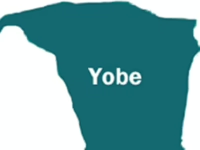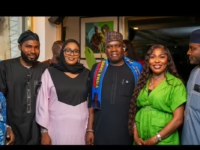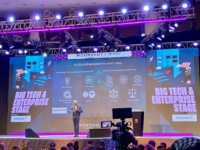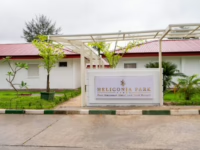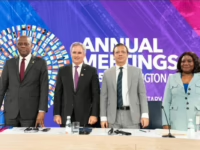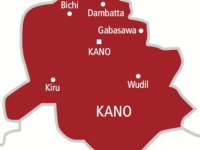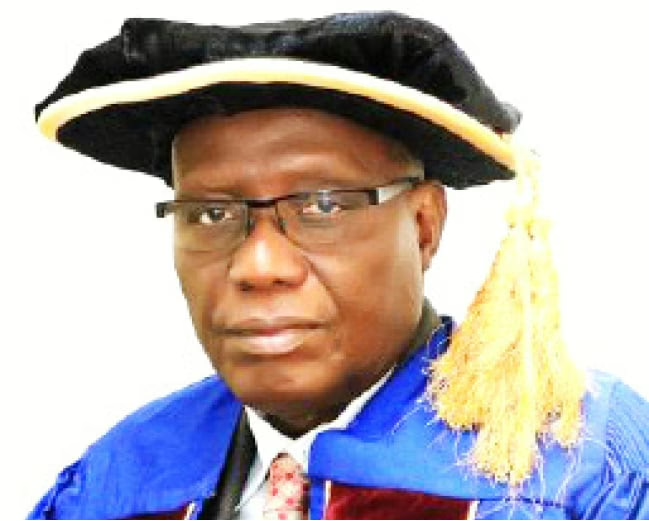Professor Olufemi Peters, Vice Chancellor of the National Open University of Nigeria (NOUN), has highlighted the urgent need for Nigerian academic institutions to play a more influential role in migration studies and policy development.
He identified migration as one of the pivotal challenges shaping the 21st century.
Speaking at the inauguration of a two-day workshop hosted by the Centre of Excellence in Migration and Global Studies (CEMGS) at NOUN, in partnership with the Civil Society National Network on Migration and Development (CSOnetMADE) in Abuja, Prof. Peters underscored this critical call to action.
The workshop, themed “Enhancing and Expanding Academic Influence in Nigeria’s Migration Sector,” also featured a special book launch dedicated to honoring the vice chancellor‘s contributions.
In his address, Prof. Peters remarked on how migration continuously transforms economic landscapes, reshapes social fabrics, and impacts development trajectories both within Nigeria and globally.
“Like many countries, Nigeria faces multifaceted migration challenges. It is imperative that we collectively engage in rigorous, evidence-driven research and foster knowledge exchange to inform this discourse,” he asserted.
He further emphasized NOUN’s strategic position as Nigeria’s leading open and distance learning university, uniquely equipped to spearhead scholarly inquiry into migration phenomena.
“Through the efforts of CEMGS, we are dedicated to promoting academic excellence, encouraging interdisciplinary collaboration, and ensuring that research outcomes effectively inform policies addressing Nigeria’s migration issues in harmony with international developments,” Prof. Peters added.
The vice chancellor explained that the workshop’s objectives include intensifying scholarly participation in migration research, building robust research capacities, and setting research priorities that resonate with Nigeria’s distinct migration context.
Honorable Aliyu Tijani, federal commissioner of the National Commission for Refugees, Migrants and Internally Displaced Persons (NCFRMI), praised CEMGS for establishing itself as a vital knowledge hub and a beacon of academic rigor in migration studies.
Represented by Ambassador Catherine Udida, Director of Migrant Affairs, Tijani highlighted how the centre has effectively bridged the gap between academic theory and policy implementation through comprehensive research and critical engagement.
“Academic institutions remain indispensable in deepening our understanding of migration patterns, enhancing policy frameworks, and refining institutional responses to migration challenges. Within Nigeria’s migration governance framework, academia stands out not only as researchers and consultants but also as influential policy architects and thought leaders,” he noted.
He stressed that sustainable migration policies cannot be developed without a solid academic underpinning, referencing global bodies like the International Organisation for Migration (IOM) and UNESCO, which advocate for robust academic participation in migration governance.
“Sound migration management relies fundamentally on research, data integrity, and analytical rigor,” Tijani emphasized.
He encouraged workshop attendees to seize the opportunity to close the divide between policy formulation and academic research, as well as between theoretical knowledge and practical application.
“Participate actively in meaningful discussions, share groundbreaking insights, and develop actionable strategies to elevate Nigeria’s academic leadership and influence within the migration sector,” he concluded.






